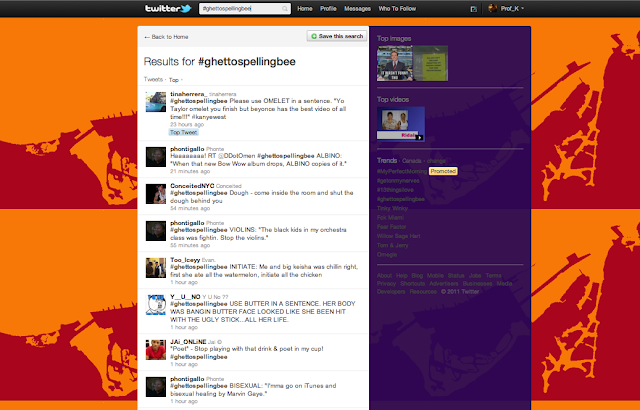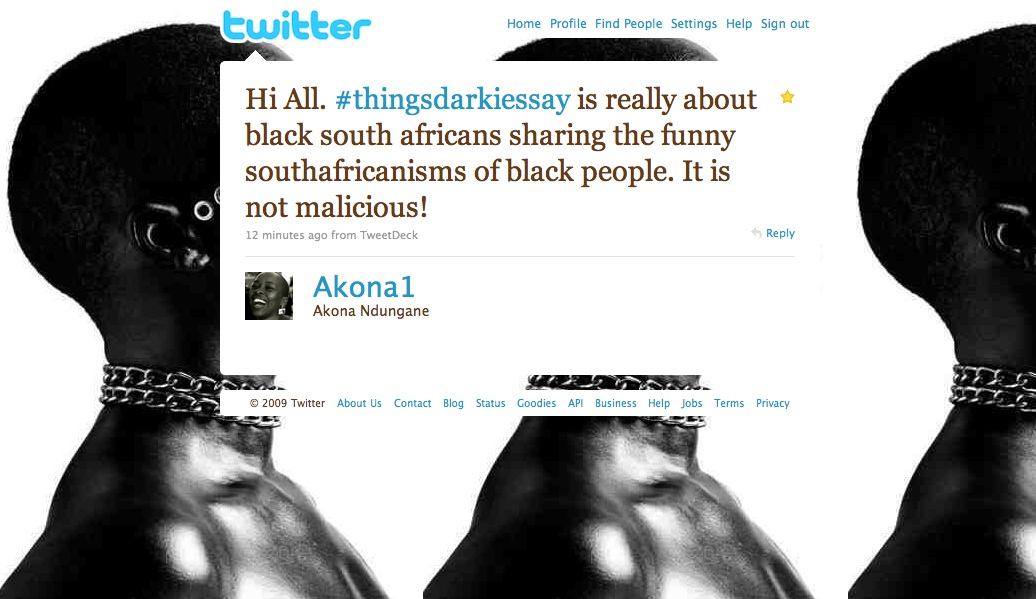“Black people—specifically, young black people—do seem to use Twitter differently from everyone else on the service. They form tighter clusters on the network—they follow one another more readily, they retweet each other more often, and more of their posts are @-replies—posts directed at other users. It’s this behavior, intentional or not, that gives black people—and in particular, black teenagers—the means to dominate the conversation on Twitter.”
So, these “blacktags” {perhaps made famous by #ifsantawasblack} are more prone to go viral. According to Baratunde Thurston, the Web editor of the Onion::
“Twitter works very naturally with that call-and-response tradition—it’s so short, so economical, and you get an instant signal validating the quality of your contribution. (If people like what you say, they retweet it.)”


